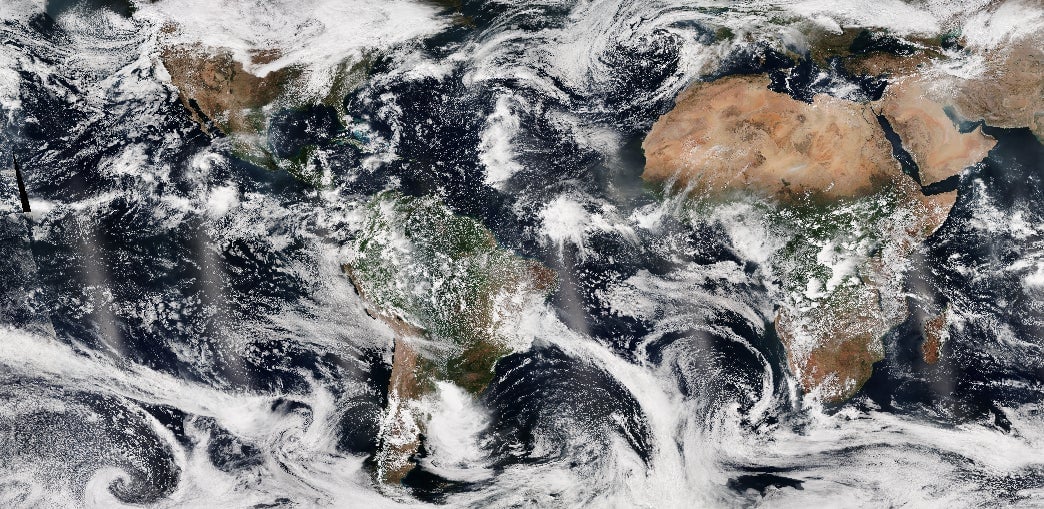The White House’s new climate-change report directly conflicts Trump’s stance
The US published a much-anticipated report on climate change Friday (Nov. 3), coauthored by 13 federal agencies, that unequivocally confirms three conclusions:


The US published a much-anticipated report on climate change Friday (Nov. 3), coauthored by 13 federal agencies, that unequivocally confirms three conclusions:
- We are living in the warmest period in modern civilization
- The excessive warming is due to human activity
- Without swift and dramatic action to curb emissions, average global temperatures could rise by a disastrous 5°C (9°F) above preindustrial levels by 2100, far higher than the 2°C (3.6 °F) level considered extremely dangerous by the global scientific community.
The White House approved the report, despite concerns that climate-change-denying members of the Trump administration might block that approval. The findings of the report directly contradicted the stated stance of many members of Trump’s inner circle.
One example: Rick Perry, who leads the US Department of Energy, told the audience at an energy policy event yesterday (Nov. 2) that he does not believe humans are the main drivers of climate change. “I still think the science is out,” he told moderators at the event hosted by Axios and NBC News.
Department of Energy scientists are listed as some of the authors on the report, along with scientists from other federal agencies, and other scientists without government ties.
Climate scientist Katharine Hayhoe, one of the non-federal authors, tweeted some of the takeaways of the report:
Thanks to a 1990 congressional act signed by then-president George H.W. Bush, US agencies are required to publish a report analyzing human- and naturally caused global changes every four years. The report, known as the National Climate Assessment, is published by the US Global Change Research Program, a consortium of 13 federal agencies responsible for various aspects of climate research. In turn, the US Global Change Research Program is overseen by the White House Office of Science and Technology—whose top post has been vacant since Trump tool over the presidency.
Scientists from the 13 agencies, along with non-federal scientists, contribute analysis to the report, which then goes through a lengthy review and comment process. The National Climate Assessment is considered the most comprehensive statement on climate science put forth by the US.